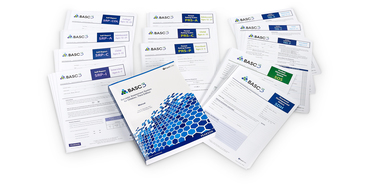A comprehensive set of rating scales and forms, the Behaviour Assessment System for Children BASC-3 helps you understand the behaviours and emotions of children and adolescents. Guidance on using this test in your telepractice
Behaviour Assessment System for Children | Third Edition
BASC-3
A comprehensive set of rating scales and forms, the Behaviour Assessment System for Children BASC-3 helps you understand the behaviours and emotions of children and adolescents. Guidance on using this test in your telepractice‹ View all tests and materials
BASC-3 Q-global Administration/Report Qty 1 (Digital)
9780749169688
Qualification Level
B
Includes 1 on-screen administration, scoring and reporting for the TRS, PRS, SRP, SDH, PRQ or SOS
£4.20
